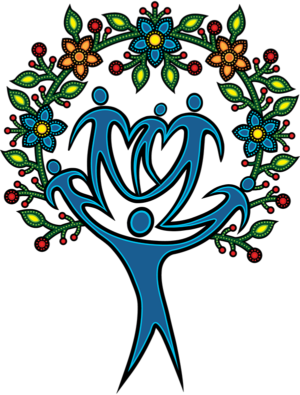Taking the time and putting in place the tools to evaluate and assess your teen mentoring program allows opportunities to reflect, learn and improve the program. Assessment and evaluation is an ongoing process of collecting, interpreting, and acting on information related to the program’s goals and outcomes. Effective program evaluation involves more than collecting, analyzing, and providing data. It makes it possible to gather and use information, and to continually learn about and improve your teen mentoring program5.
Evaluation Activities
Evaluation requires some planning to effectively track, record, analyze and report on the teen mentoring program. Some evaluation activities may include:
- Assessing participant change over time. This is generally done through use of a Pre and Post Evaluation Form (surveys distributed at the beginning and end of the program) based on the program outcomes, but can also be collected through informal and formal observations, interviews, journals, and assessments of students’ performance.
- Bringing mentors together to discuss the program and its effectiveness through interviews, focus groups and ongoing training opportunities. Such processes also continue to build relationships with staff, demonstrate a commitment to the quality of their mentoring experience and can promote mentor retention.
- Tracking and recording relevant data. This can include how often the mentoring occurs, attendance at each of these sessions, match activities, as well as the frequency, duration and total length of time that specific mentors and mentees interact.
It will be important to develop some evaluation tools before you begin to implement your program. These can include: charts to record consistency of attendance; journals or logs to summarize and record what happens at each mentoring session; participant feedback opportunities; pre and post evaluation forms, etc. For instance, asking participants for their feedback at regular intervals can contribute to program improvement and help you track changes in participants over time.
Collecting Feedback
Gathering data and information from mentors, mentees and staff is an important part of evaluating your teen mentoring program. The following surveys can be used to collect information on what’s working and what can be improved upon, as well as the extent to which the program is making a difference. Feel free to add and change survey questions to reflect your program and the age of participants.
Analyzing Information
There are on line low cost survey tools that can assist you with compiling and analyzing information or you can print the sample surveys provided and distribute to participants. Some examples of low or no-cost online surveys include Google Forms, or Survey Monkey.
The Society for Safe & Caring Schools & Communities provides a guide for school leaders with Five Steps for Evaluating School-Based Programming Interventions:

